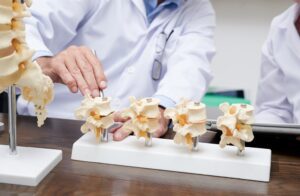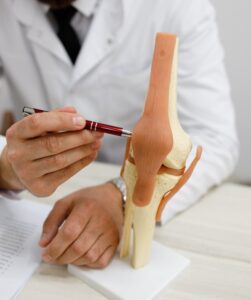
Back pain, regardless of level, duration, or frequency, can greatly alter a person’s quality of life. Another level of frustration occurs when traditional therapy methods don’t work to provide much-needed relief, especially for patients who are suffering from spinal stenosis.





